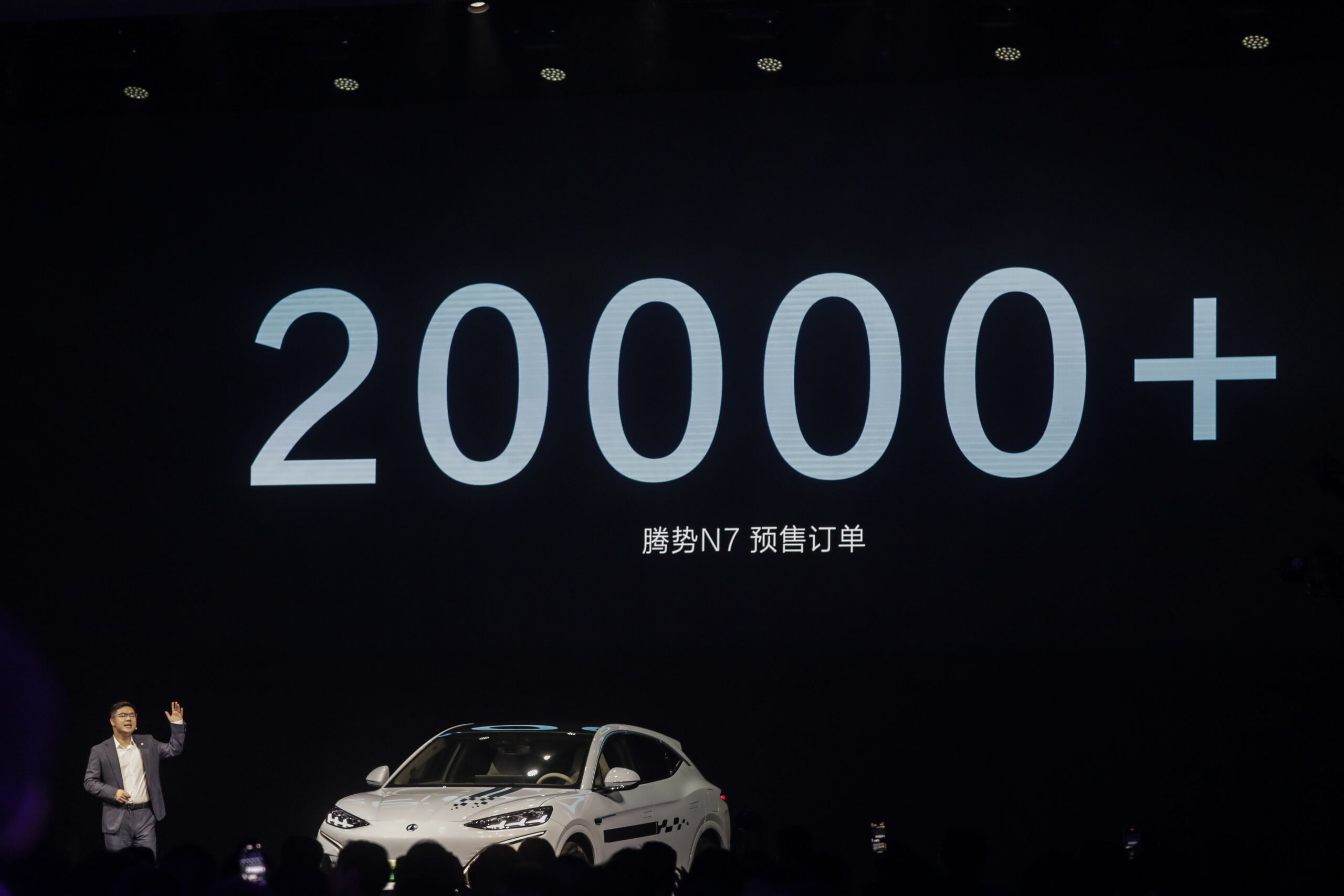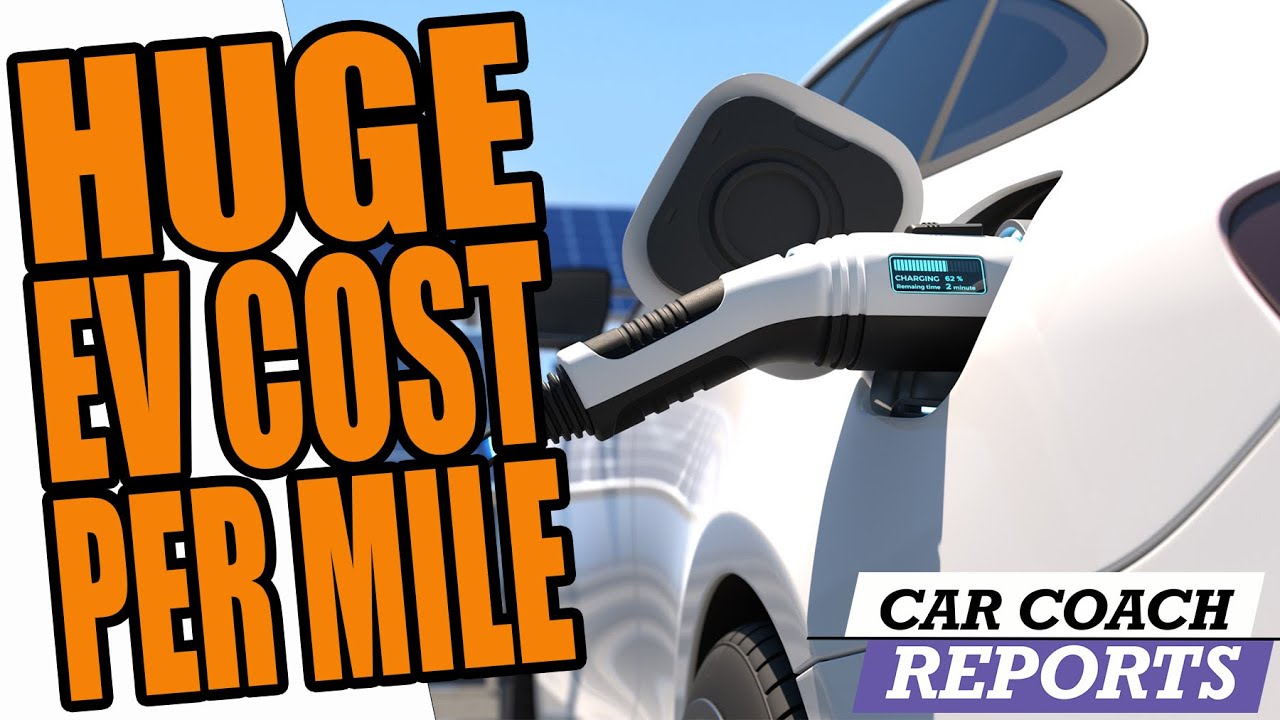
When it comes to discussing the world of vehicles, the terms “automobile” and “automotive” are often used interchangeably. However, there are distinct differences between the two concepts. Let’s delve into the nuances and understand the disparity between automobile and automotive.
Definition and Origin
Firstly, let’s clarify the definitions of these terms. An “automobile” refers to a four-wheeled vehicle designed for transportation, while “automotive” pertains to anything related to the design, development, and maintenance of vehicles. The word “automobile” has French origins, derived from “auto” meaning self and “mobile” meaning movable, while “automotive” is an adjective derived from “automobile”.
Usage
In common parlance, “automobile” is frequently used to refer to a specific motor vehicle, such as a car or a truck. On the other hand, “automotive” is employed in a broader context to encompass the entire industry and technology involved in the making and functioning of vehicles. This subtle distinction highlights the technical versus categorical usage of the terms.
Industry Application
Speaking of the industry, “automotive” is the preferred term when referring to the entire industry of vehicle manufacturing, including aspects such as automotive engineering, automotive design, and automotive technology. It encompasses the wide spectrum of activities related to vehicles, from conception and design to production and marketing. On the other hand, “automobile” is commonly used to denote the end product – the motorized vehicle itself.
Global Perspective
From a global standpoint, “automobile” may be more commonly used in certain regions, especially in casual conversations and non-technical contexts. In contrast, “automotive” is frequently applied in formal settings, technical documentation, and discussions within the industry, reflecting its comprehensive nature that goes beyond just the vehicles themselves.
Credit: www.deanarbourtawas.com
Evolution and Modern Usage
As the automotive industry has evolved to encompass a wide range of vehicles, including electric cars, hybrid vehicles, and autonomous vehicles, the application of the term “automotive” has expanded accordingly. This broader usage reflects the changing landscape of transportation and technology, while “automobile” remains predominantly associated with traditional internal combustion engine vehicles.

Credit: m.facebook.com
Conclusion
In conclusion, while “automobile” and “automotive” are closely related terms, there are distinct differences in their usage and connotations. “Automobile” refers to the specific vehicles we drive, while “automotive” encompasses the entire industry, technology, and processes associated with vehicles. Understanding these disparities allows for more accurate and precise communication within the realm of automobiles and automotive technology.
For further insights on the intricate world of automobiles and automotive technology, stay tuned to our blog for upcoming articles!





